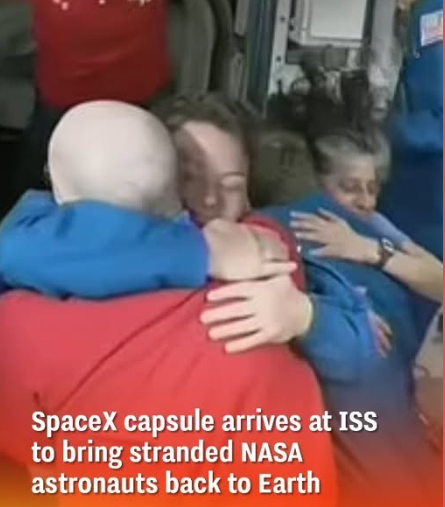
SpaceX Capsule Arrives at ISS to Rescue Stranded NASA Astronauts and Bring Them Home
At long last, Suni Williams and Butch Wilmore are finally headed back to their homes.
“After the SpaceX capsule intended to bring stranded NASA astronauts Sunita ‘Suni’ Williams and Barry ‘Butch’ Wilmore docked with the International Space Station (ISS), the astronauts are now set to make their long-awaited return to Earth.”
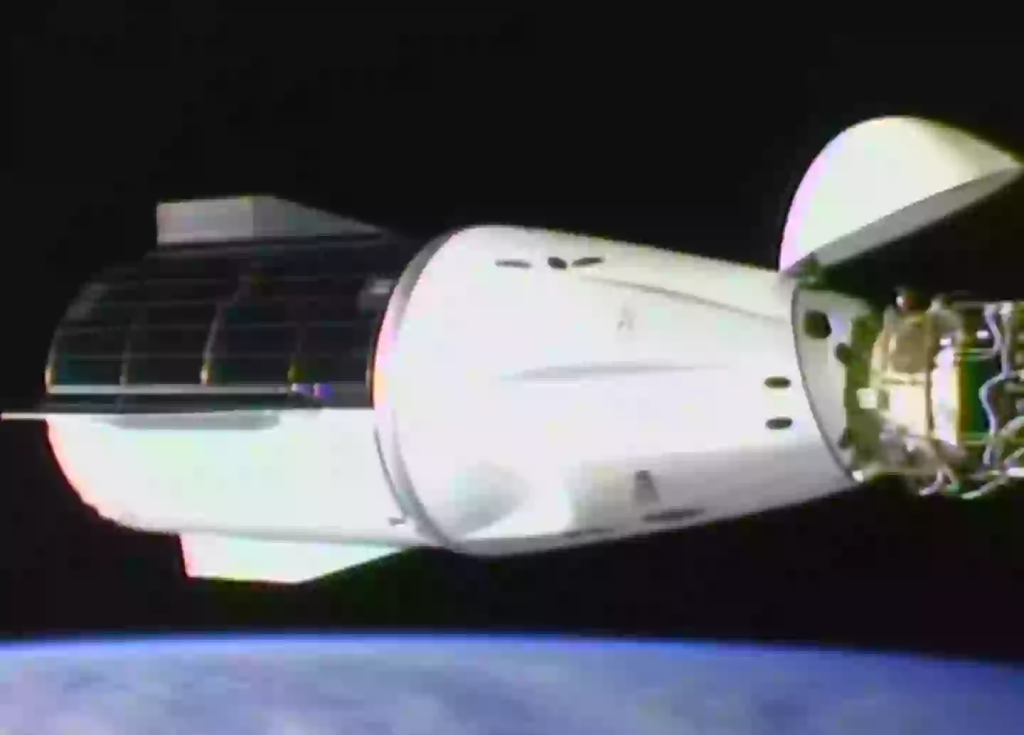
“The two astronauts had been in space far longer than expected. Originally scheduled to spend only a few days aboard the International Space Station (ISS) last year, they became stranded after technical issues with the capsule meant to bring them home left them unable to return.”
The astronauts have admitted that the extended time in space has taken a toll on their bodies, though they acknowledge that there are worse places to be than aboard the ISS.
In the early hours of today (March 16), a SpaceX capsule successfully docked with the International Space Station (ISS), delivering four additional crew members to complete the Crew-10 team.
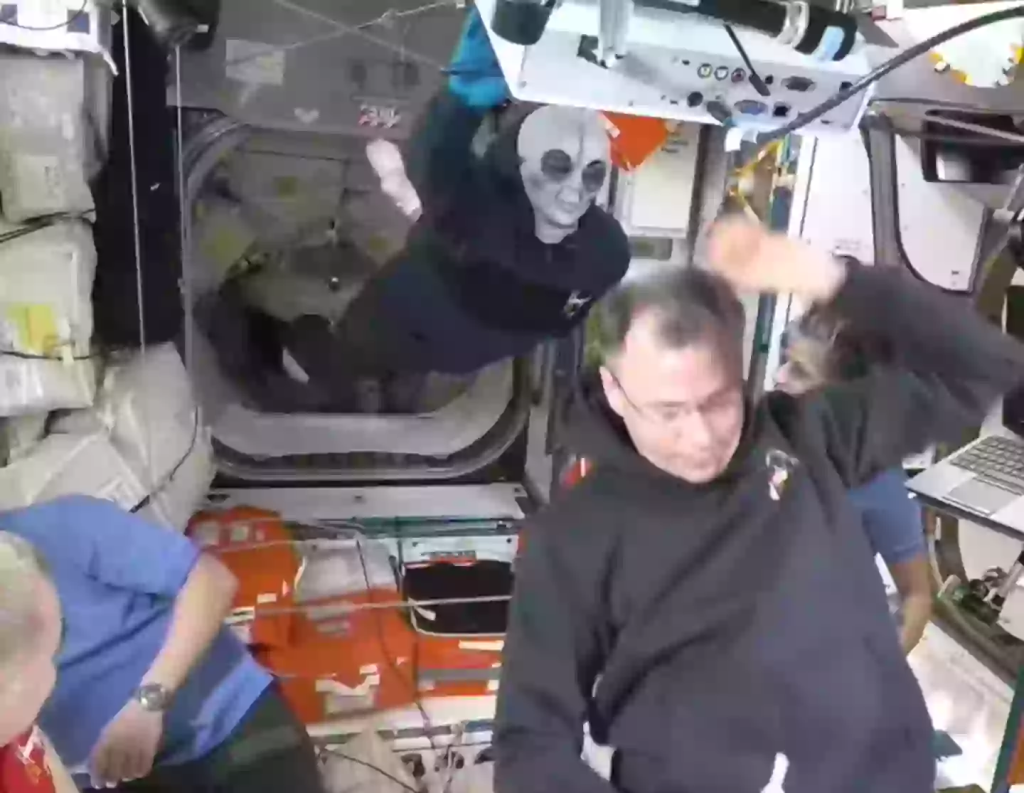
Wilmore and Williams, along with their fellow astronaut Nick Hague from NASA and Russian cosmonaut Aleksandr Gorbunov, are now cleared to depart the International Space Station.
Although Wilmore and Williams won’t be leaving the International Space Station (ISS) right away, they are scheduled to depart on Wednesday, March 19. Assuming no further technical issues arise during their return journey, they are expected to be back on Earth within the week.
Once home, the astronauts will undergo a period of rehabilitation to help their bodies readjust to gravity after their extended time in space.
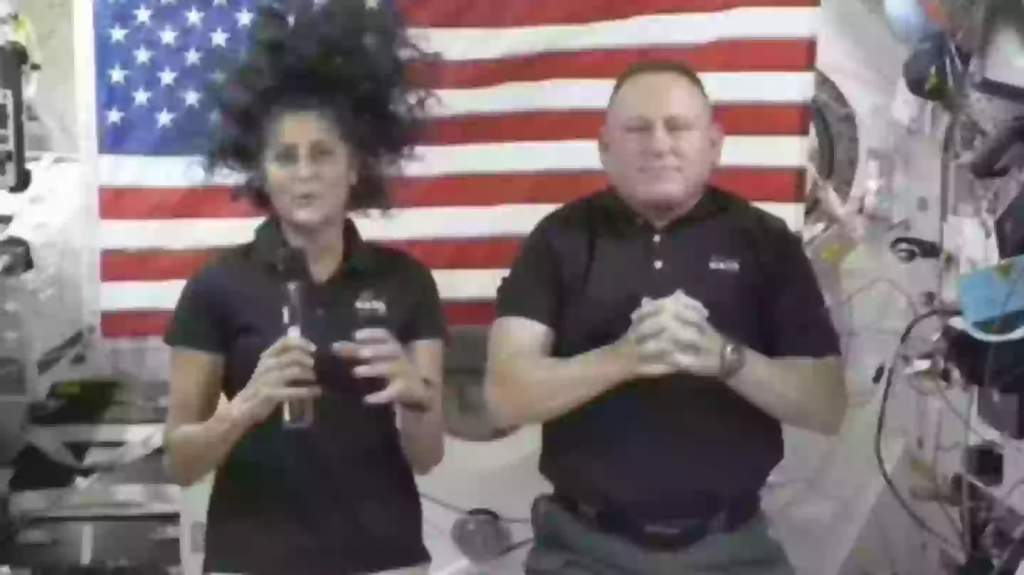
“All NASA astronauts aboard the International Space Station undergo routine medical evaluations, have dedicated flight surgeons monitoring them, and are in good health,” a NASA spokeswoman told LADbible in a previous interview.
However, due to the effects of space travel, such as reduced bone density and muscle mass loss, it will take some time before Wilmore and Williams fully regain their peak physical condition.
Despite far exceeding the initial duration of their space mission, Wilmore and Williams haven’t been idle. They’ve made the most of their extended stay by conducting various experiments aboard the International Space Station.
However, as revealed by veteran NASA astronaut Cady Coleman, they won’t be receiving any overtime pay for their extended time in space. Although they were originally supposed to spend only a few days there, their months-long stay will not be compensated beyond the usual terms. Coleman explained that they’ll receive a small allowance for “incidentals,” but otherwise, their pay will remain the same, as it’s essentially treated like a work trip with no extra compensation.
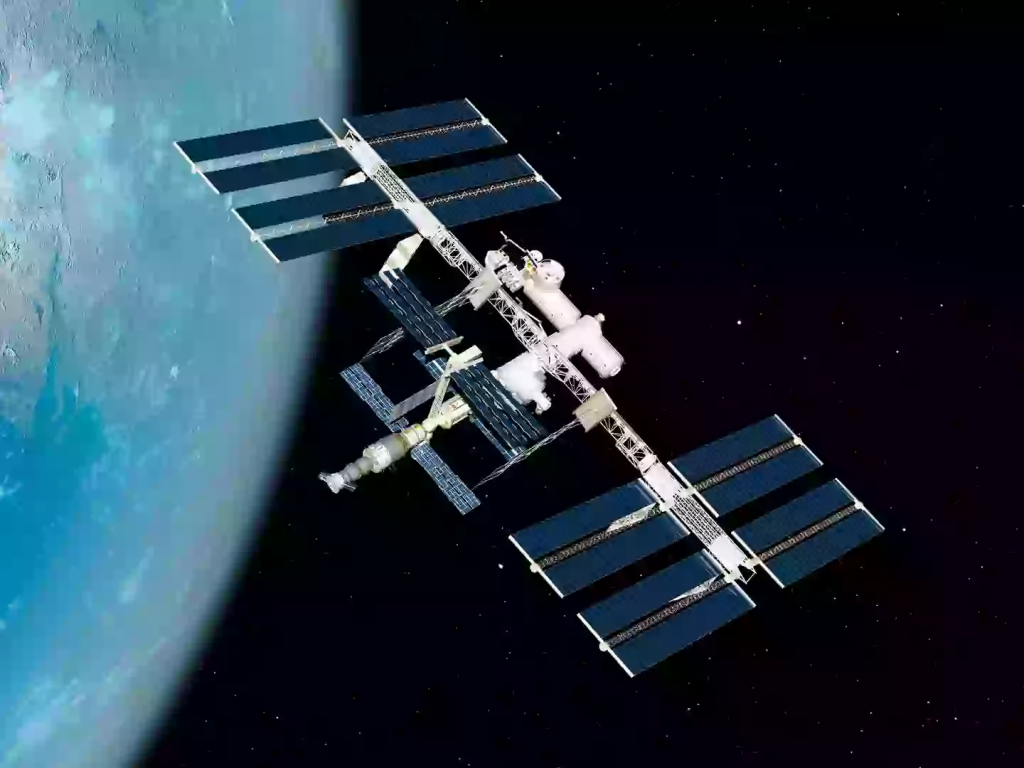
Williams had previously shared that the extended stay was most challenging for their families, saying, “It’s been a roller coaster for them, probably a little more so than for us.”
“We came up prepared to stay long, even though we planned to stay short,” Williams explained. “In human spaceflight, we always prepare for the unexpected, so we were ready to adapt.”
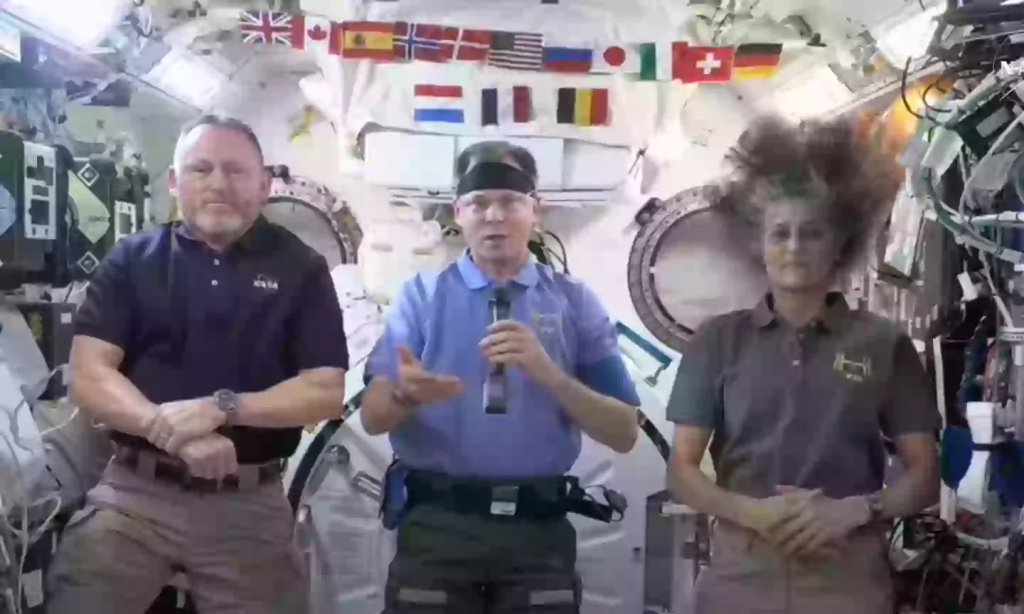
“That is exactly what your country’s human spaceflight program is all about—preparing for the unexpected and unanticipated contingencies…” she added. “And we were successful in doing that.”
It’s a relief that the time to return home is finally approaching.